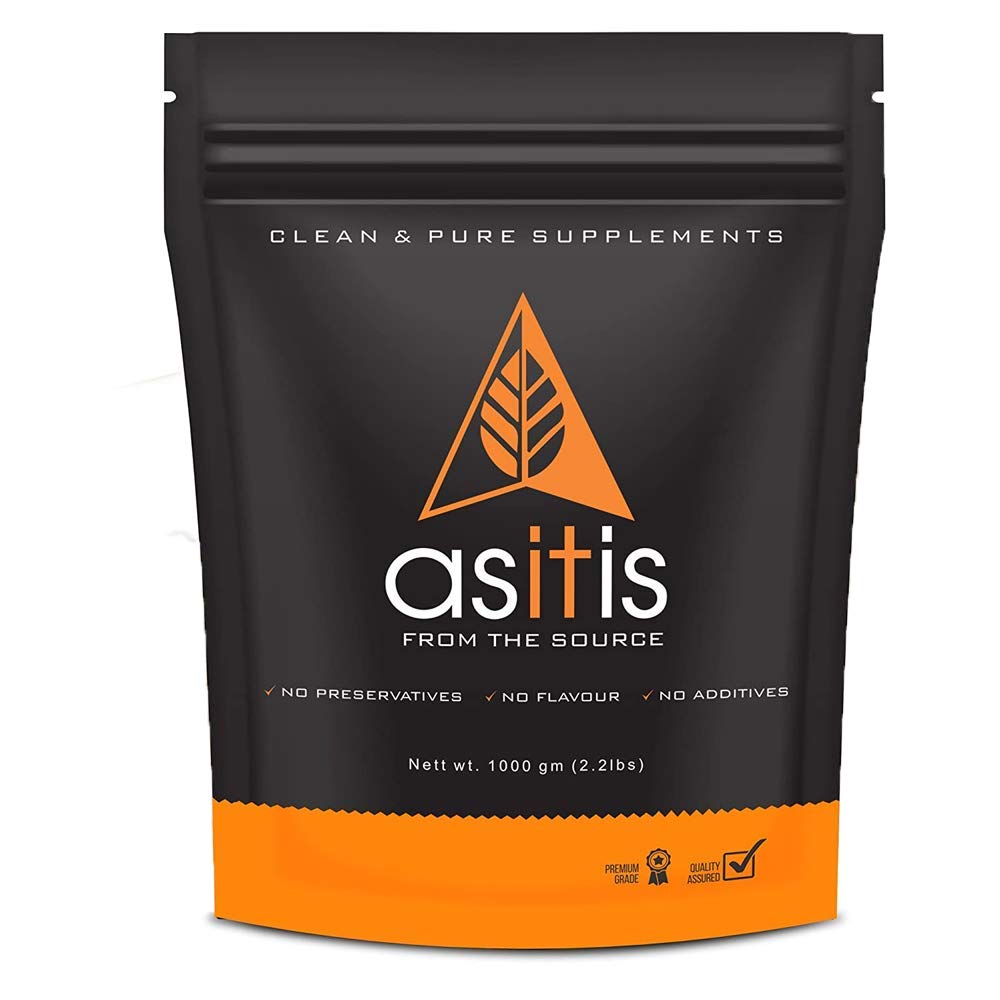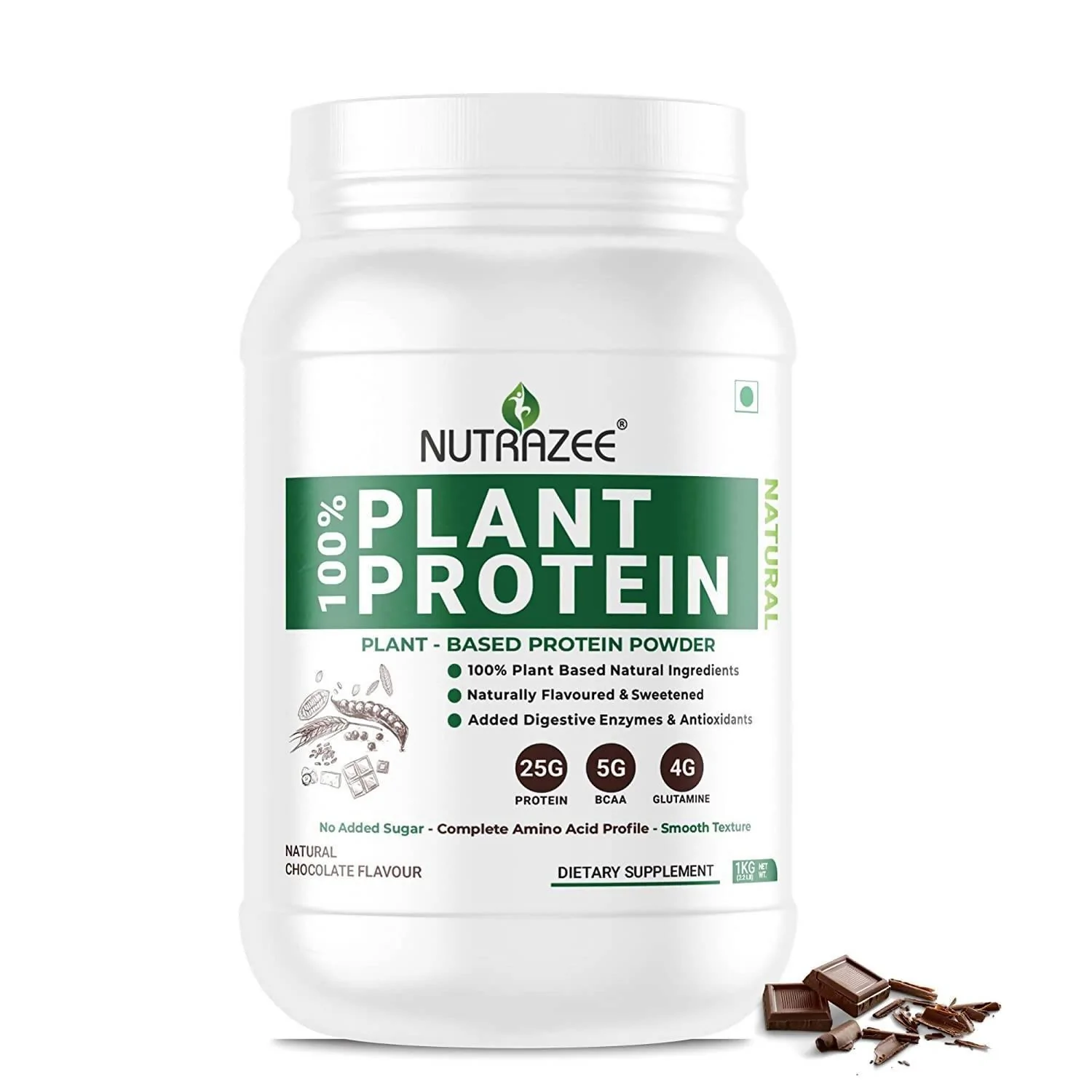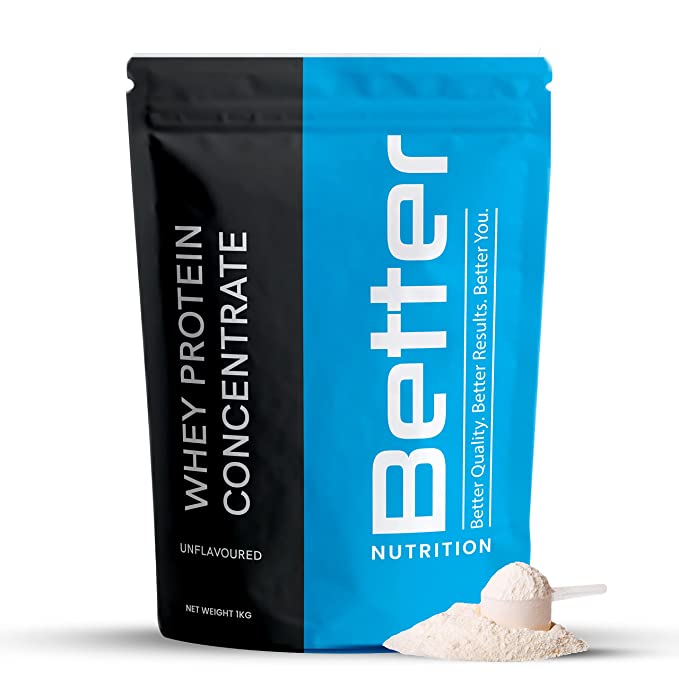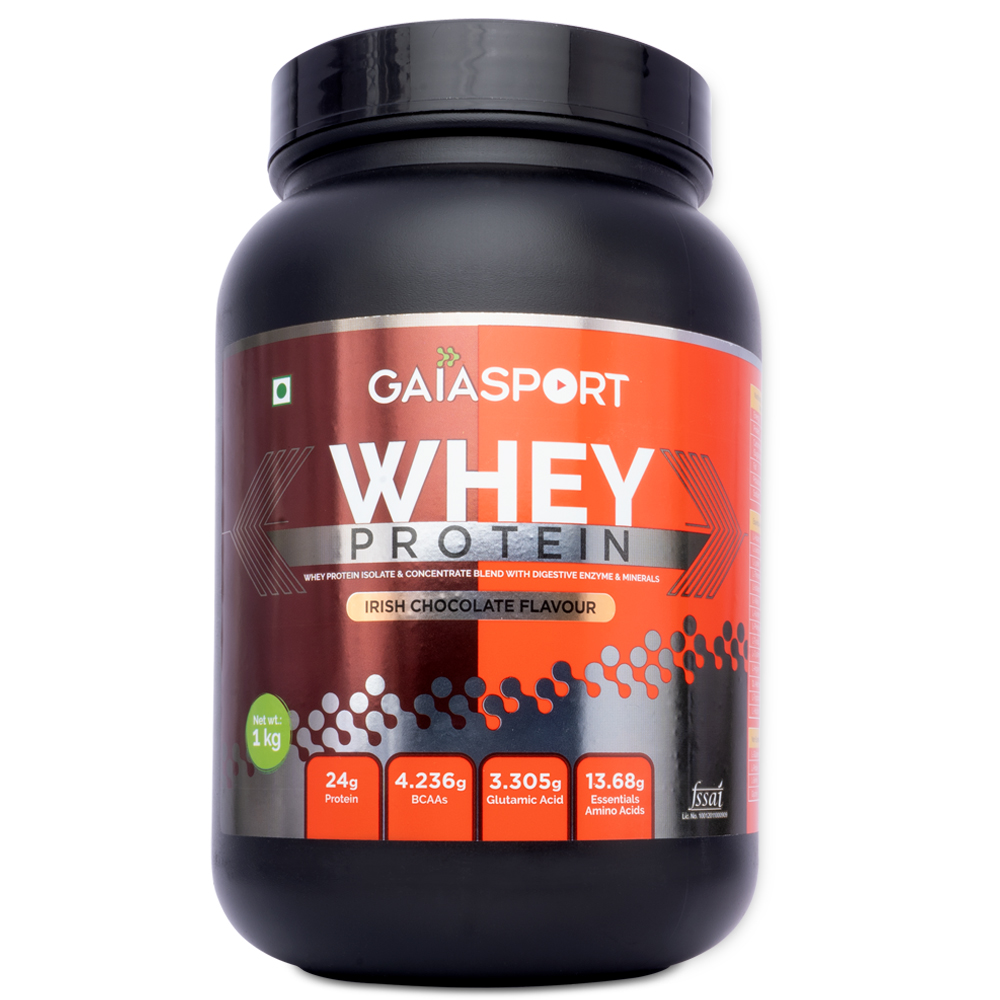L-Serine
Macronutrient
Last update date: October 11, 2023
L-Serine is a form of Serine, a non-essential amino acid. It is needed for the metabolism of fats and fatty acids and aids in producing antibodies. Soybeans, nuts, eggs, chickpeas, lentils, meat and fish are excellent sources.
Frequently Asked Questions
1.
What is L-Serine?
Serine is an essential amino acid, meaning it must be obtained through your diet since your body cannot produce it on its own. It is a vital building block for proteins and plays a crucial role in various biological processes, including DNA and RNA synthesis, immune system function, and maintaining a healthy nervous system. Serine is involved in the production of neurotransmitters, which affect cognitive function and mood regulation. Its presence is necessary for proper muscle tissue growth and repair. Including serine-rich foods in your diet ensures an adequate supply of this important nutrient.
2.
What is positive impact of L-Serine?
Serine offers several positive impacts on your overall health and well-being. It plays a vital role in the synthesis of proteins, which are essential for repairing and building tissues in your body. Additionally, serine is involved in the formation of DNA and RNA, the genetic material of your cells, ensuring proper cell replication and function. This nutrient also contributes significantly to supporting a healthy nervous system. Serine is a precursor to neurotransmitters, which are chemical messengers that enable communication between nerve cells. This helps in maintaining cognitive function, memory, and mood regulation. Moreover, serine aids in boosting your immune system by supporting the production of antibodies, which defend your body against infections and illnesses.
3.
What is negative impact of L-Serine?
While serine is generally well-tolerated, excessive intake of serine supplements may lead to adverse effects. It is important to follow recommended dosage guidelines to avoid potential complications. High doses of serine supplements can cause gastrointestinal discomfort, such as diarrhea and nausea. Therefore, it is crucial to exercise caution and consult with a healthcare professional before incorporating serine supplements into your routine. Furthermore, individuals with certain metabolic disorders should be mindful of serine intake, as it may potentially worsen their condition. It is advisable to seek guidance from a qualified healthcare provider if you have any pre-existing medical conditions or concerns before making any changes to your diet or supplementation. Note: The concepts of perplexity and burstiness are statistical language modeling measures and may not be directly applicable to the context of describing nutrients and their impact on health.
4.
Who should avoid L-Serine?
In general, serine is considered safe for most individuals when obtained through the diet. However, specific groups of people should exercise caution or avoid serine supplements: Individuals with a history of metabolic disorders should avoid serine supplementation, as it may worsen their condition. Pregnant or breastfeeding women should consult their healthcare provider before taking serine supplements, as safety data for these groups are limited. If you are taking any medications or have existing health conditions, it is best to seek advice from a healthcare professional before using serine supplements.
5.
What are common sources of L-Serine?
You can obtain serine from various dietary sources, making it accessible for inclusion in your daily meals. Some common food sources rich in serine include: Poultry: Chicken and turkey are excellent sources of serine. Fish: Fish like salmon, tuna, and cod contain significant amounts of serine. Dairy Products: Milk, cheese, and yogurt provide a good amount of serine. Eggs: Both egg whites and yolks contain serine. Legumes: Foods like soybeans, chickpeas, and lentils are plant-based sources of serine. Nuts and Seeds: Peanuts, almonds, and sunflower seeds are also good sources of serine. Incorporating these foods into your regular diet can help you maintain adequate levels of serine for overall health and well-being.











